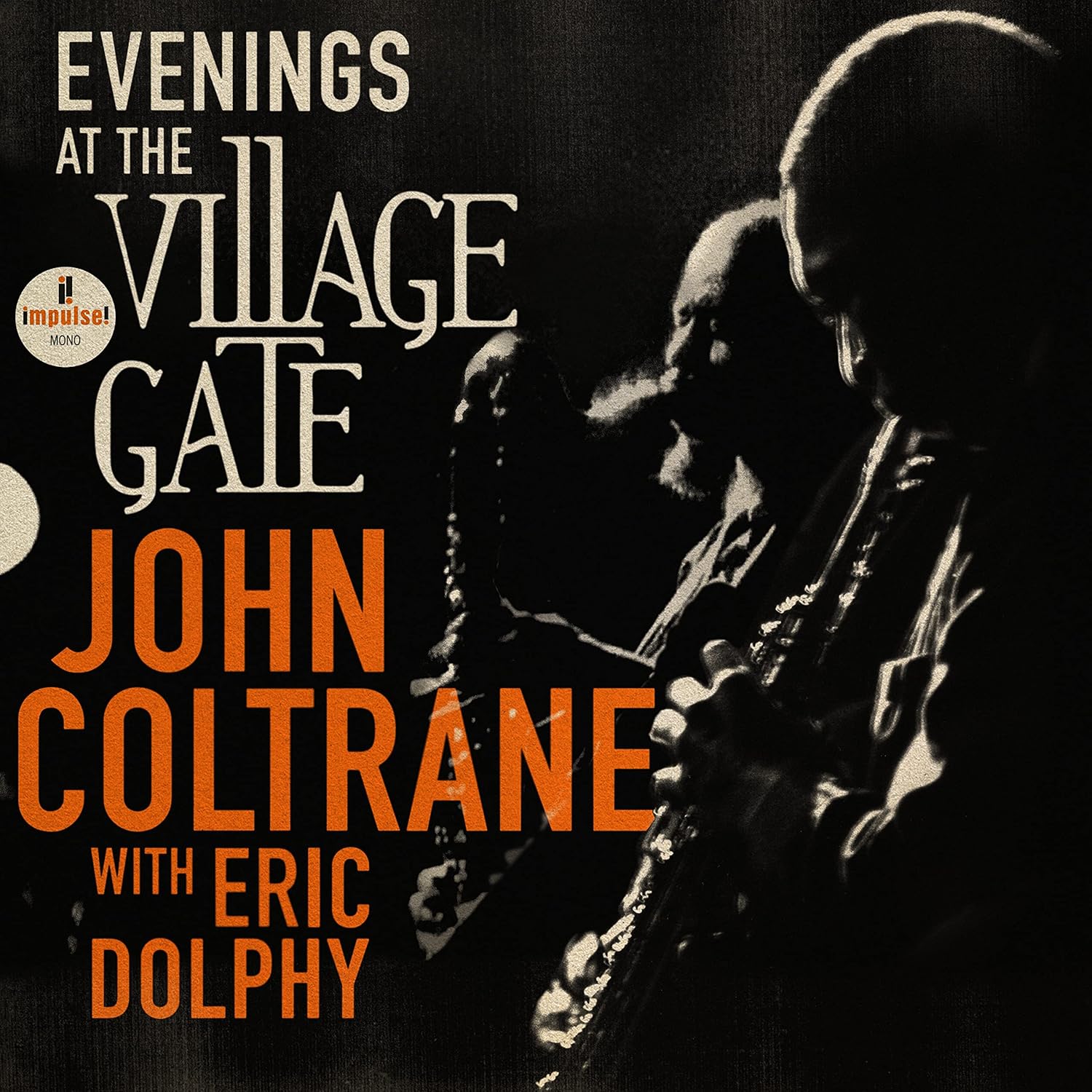
Evenings At The Village Gate: John Coltrane with Eric Dolphy
FREE Shipping
Evenings At The Village Gate: John Coltrane with Eric Dolphy
- Brand: Unbranded

Description
The dog days of summer were in full swelter, and the venue had to lure listeners out of their homes and onto the sticky Village streets for dinner (bad service, but apparently tasty food! Dolphy consistently pushes boundaries – indeed, he sounds more adventurous than Coltrane much of the time – although on the particularly fast “Impressions” , Coltrane’s soprano reaches new highs, its repetitiveness being almost hypnotic. This concert would be a prime candidate for The Beatles AI demixing / remixing technique to rebalance the instruments when it becomes commonly available but until then this superb release will do just fine. Tyner’s piano is muffled enough on “My Favorite Things” that his parts can sound like ghostly percussion unless you focus on them.
If you play in a place where they really like your group,” Coltrane told Downbeat magazine in 1962, “they can make you play like you’ve never felt like playing before. The shows included on Evenings at the Village Gate were shot by photojournalist Herb Snitzer, who claimed that the room was half empty; he imagined Coltrane had made five or “maybe ten bucks” from the concert. Dolphy, meanwhile, plays a high bird-song flute that seems to dance above it all, offering Coltrane possible paths for a lighter flight. The recordings on this album are from a brief residency in mid-1961 that the duo had at the Village Gate and were recorded for posterity's sake by engineer Richard Alderson. Although this was a very common 'miking' technique in the forties, fifties and early sixties, you should not expect a stellar soundscape.
The sound quality is not up to Impulse’s own recordings of Coltrane with the same group made three months later, originally issued as Live at the Village Vanguard. Twenty-four-year-old engineer and Village scenester Rich Alderson wanted to test the club’s sound system and also an old RCA 77-A ribbon microphone he had modified. Coltrane’s road to the avant-garde was built from his ability to compose, arrange, and imagine new roles for diverse instruments on his bandstands. Still, the rudimentary production will frustrate fans who seek sonic perfection from mid-century pioneers. His early-’60s classics Giant Steps and “Live” at the Village Vanguard planted seeds for free and spiritual jazz, which flowered into teeming subgenres.
Or, maybe, it's the nostalgic memories of having lived together in that era that makes it so, I'm not sure. Given the rarity and extraordinary circumstances pertaining to the discovery of this music the sound is as good as could be expected, do not let it deter you. This recording represents a very special moment in John Coltrane's journey—the summer of 1961—when his signature, ecstatic live sound, commonly associated his Classic Quartet of '62 to '65, was first maturing and when he was drawing inspiration from deep, African sources— and experimenting with the two-bass idea both in the studio (Olé) and on stage.
Is it because the unique atmosphere created by that era has the power to draw me in without saying yes or no? Fans expecting this treatment may be displeased, but their reactions befit the artist—Coltrane never liked meeting expectations. Confusion was a frequent reality at the Village Gate, a hall that prided itself on its sometimes disarming variety. The simple-triple time groove which Jones works through gives the piece a swaying, hypnotic feel that is as good as any version Coltrane recorded, while Coltrane himself, working with a number then fresh to his repertoire has animation that later versions that often surrendered to ritualistic recapitulation.
- Fruugo ID: 258392218-563234582
- EAN: 764486781913
-
Sold by: Fruugo
